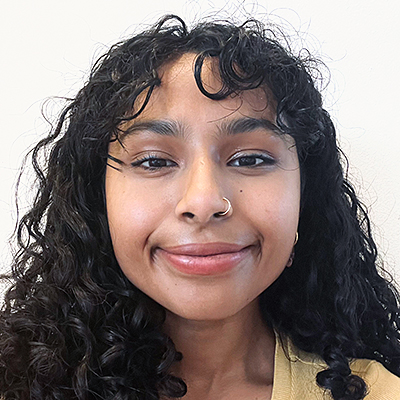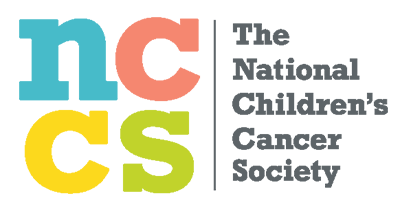Meet Sangita Ramaswamy

Years Awarded:
2023-2024
Looking back, my experiences with childhood cancer have taught me to always be inclusive and empathetic towards others.
On top of emotional distress, I witnessed the financial stress that came with having a chronic illness. Even with Medicaid, there were medical costs not covered by any health insurance plan-like the mandatory cardiology and orthopedic check-ups for cancer patients. I vividly remember my mother crying at night – while I was in between treatments and my dad hospitalized – as she stayed up late to keep up with our medical bills.
Aside from financial burdens, chronic conditions negatively impact one’s social and academic success. After starting my treatment in 4th grade, I only went to school 2-3 times a week. I easily fell behind in class, and was often too tired to complete my homework. The few days of school I did have, I dreaded just as equally. I dreaded being bullied for my bloated, bald appearance. I dreaded being called on by the teacher, because I could never remember the question no matter how hard I tried to listen. I had severe memory loss, a symptom I later learned was a side effect of chemotherapy. My struggles inspired me to pursue a career in Public Health to improve the quality of life for individuals with cancer and other chronic conditions.
According to the American Cancer Society, about 9,910 kids under the age of 15 will be diagnosed with cancer in 2023 alone. Though most childhood cancer survival rates are relatively high, many survivors often face health complications due to long term effects of their treatment. Among these complications include cognitive and visual impairments, hearing loss, thyroid issues and brittle bones. Therefore, even after you survive the battle that is cancer, you’ve still got open wounds that may never heal. So while thousands of children are diagnosed with childhood cancer every year, the quality of life for kids during and after treatment are often overlooked.
Looking back, my experiences with childhood cancer have taught me to always be inclusive and empathetic towards others. Though I’ve been fortunate to receive quality chemotherapy treatment and survive, there is much work left to improve the experience of childhood cancer and others with chronic conditions. With a Master’s in Public Health, I can help advocate for kids with chronic illnesses and make the next generation’s public health sector a more inclusive one. As a Public Health professional, I would study the social inequities of cancer and other chronic conditions to alleviate the slew of negative factors that come with having a chronic illness.
I used to shy away from explaining to friends and colleagues why I had so many doctor appointments, or what my port scar was, and why I had accommodations in class. But today, I tell people proudly that I am a cancer survivor. I’m proud of the passionate, caring person I’ve grown to be, shaped by my childhood cancer. My ALL experience inspired me to pursue a career in Public Health, to help create a world where people are not defined by their circumstances such as their chronic diseases. Because the next time a young girl is diagnosed with a chronic condition, she should be taught that she is equally as worthy and capable as the kids without one.
